There are a ton of myths and misconceptions when it comes to sunscreen; you don’t need to use it on cloudy days, or in winter, or when you’re at your desk and the closest you get to the sun is scrolling through friends #endlesssummer Insta posts.
But… the sun doesn’t work like that. The sun never takes a day off, it works 365 days of the year. And, even on cloudy days it still emits UV rays which can damage the skin in all kinds of ways including, sunburn, ageing, sunspots, wrinkles, pigmentation, and even skin cancer. Those rays are harmful and we need to protect our skin against them. Translation? Wearing sunscreen every day is non-negotiable.
Applying sunscreen every morning should be part of your daily skincare routine. And, if you’re spending time outdoors, reapply often, especially if you’re taking a dip or sweating buckets because, holy moly, it’s hot out there.
Need more convincing? Read on for six compelling reasons to wear sunscreen every day.
Sunscreen can help protect against UVA and UVB rays
The sun’s skin-damaging UV rays are split into UVA and UVB rays (kinda different, kinda really important). Sunscreen is specifically formulated to protect skin from these harmful rays and the type of sunscreen designed to protect from both UVA and UVB rays is called ‘broad spectrum’ sunscreen. So, always opt in for a broad-spectrum sunscreen.
It’s also important to note that as these UV rays are super harsh, reach for a sunscreen with the highest sun protection factor (SPF) if you can.
Wearing sunscreen may reduce the risk of skin cancer
Dr Jennifer Lin, an assistant professor of dermatology at Harvard Medical School speaking to Harvard Health Publishing, says “…excellent studies [show] that sunscreen protects against all three of the most common skin cancers: Squamous cell carcinoma, basal cell carcinoma, and melanoma.”
It may assist in preventing skin ageing and sunspots
While your actual age is no one’s business but your own, spending time in the sun without protection can lead to premature ageing. Signs of ageing like wrinkles, sunspots, and dull, papery skin are just a handful of ways the sun’s UV rays can damage the skin. Sunscreen may assist in preventing these signs.
You’re using AHAs and retinol
If your skincare line-up includes products formulated with AHAs (a.k.a alpha-hydroxy acids) or retinol, your skin’s sensitivity to the sun may increase. This means levelling up your sunscreen to ensure your skin is properly protected against the sun.
You’re taking medication which increases sun sensitivity
There are some medications—such as acne medication, Accutane—which increase the skin’s sensitivity to the sun. Daily use of a broad-spectrum SPF will assist in keeping skin protected.
It may assist in keeping hyperpigmentation at bay
Pigmentation can be caused by a host of things including hormones, pregnancy and, of course, too much sun. Whatever the cause, the sun can worsen and darken pigmentation. And, while pigmentation is hard to treat, sunscreen can help keep it at bay by shielding skin from further damage.
Types of face sunscreens
Back in the day, it likely took the promise of an ice cream for you to agree to apply a layer of that thick, and always somehow sandy, goop under the blinding sun.
Lucky for us, sunscreen formulas have grown with you. In fact, they’ve gotten good. So good that you might not even need the ice cream bartering chip.
(We’re joking. Of course, you deserve an ice cream.)
You have two types of sunscreen to choose from: physical and chemical.
Physical and chemical UV filters (aka. sunscreen) both work by absorbing UV, but physical ones also reflect a small percent of the UV.
Chemical UV filters are also completely synthetically made, whereas physical UV filters use minerals found in nature that are then altered to be able to be used in a sunscreen.
How to choose the best SPF for your face
To make choosing an SPF easy peasy, we went ahead and made you a whole guide. But in case you need a quick refresher, here’s a rundown
Dry skin should look for moisturising formulas with ingredients like glycerin, propanediol, aloe vera.
Oily skin haver-ers may want to opt for chemical sunscreens, as they tend to absorb into the skin faster—reducing the chance of extra sheen.
Oily but blemish-prone skin might prefer mineral sunscreen, as they often contain zinc, an ingredient known to calm redness and balance oil.
Sensitive skin is tricky because sensitivity is a spectrum. If you know fragrance is an irritant, a fragrance-free SPF will suit you just right. Or if you know it works for your face, zinc has some incredible skin soothing properties, and a mineral may be just what you need.
When it comes to the world of SPF, finding a sunscreen that you love—and will actually use daily—is most important. It might take a bit of trialing to find your SPF, but we promise, it’s out there.
Tips for Proper Sunscreen Application
You’ve got an SPF you love to use every day. Great work!
Next, it’s important to make sure you’re correctly applying your sunscreen so it can actually get to protecting that cute face of yours.
The Australian Cancer Council recommends you apply 5ML—or one teaspoon—to your face every time you apply (including neck, ears, decolletage and even the back of your neck). SPF should always go on before makeup and as the very last step in your (morning) skincare routine.
For effective sun protection, apply evenly over dry skin at least 20 minutes prior to sun exposure. Re-apply every two hours and more often after swimming, excessive perspiration or towelling.







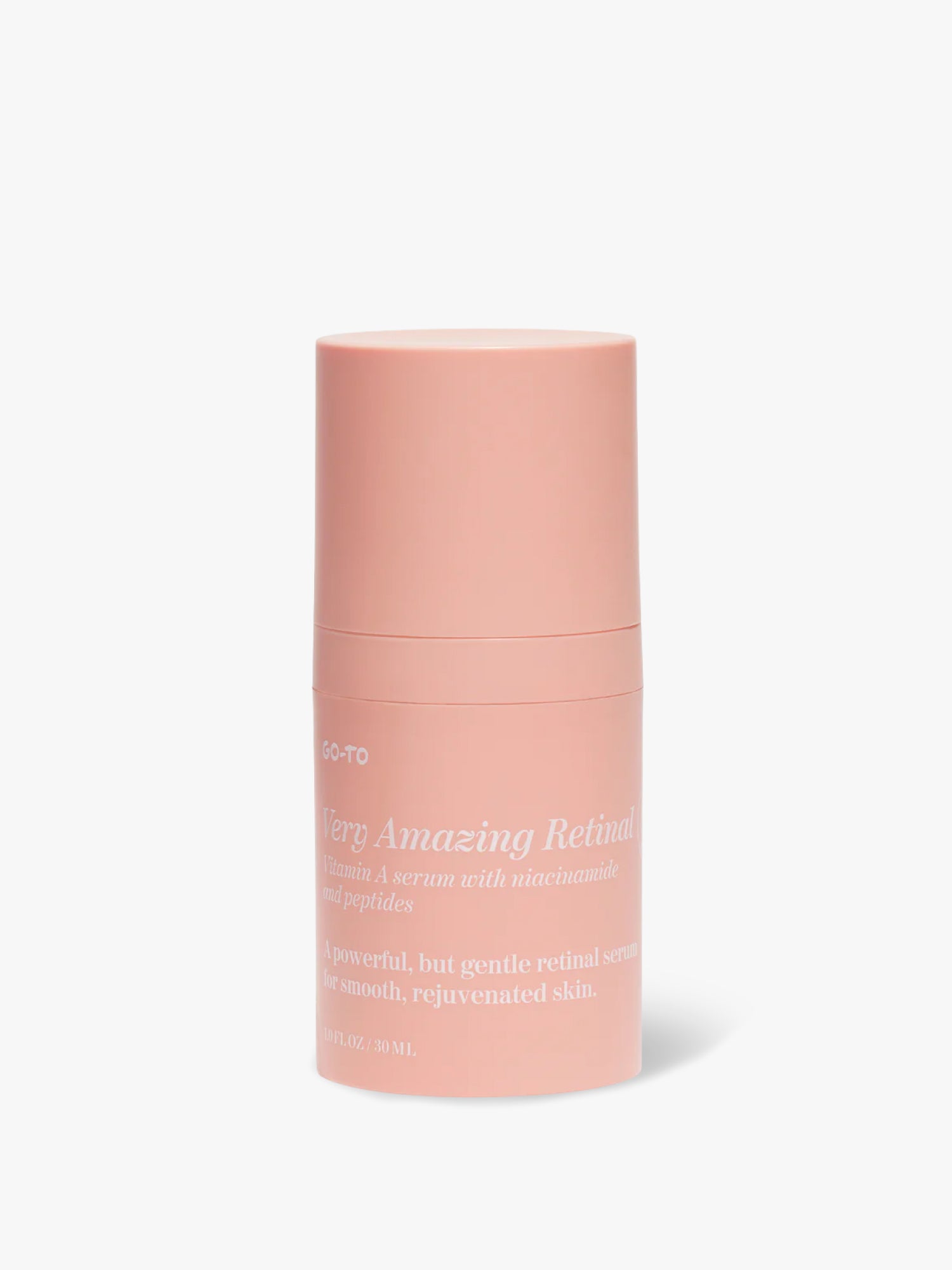

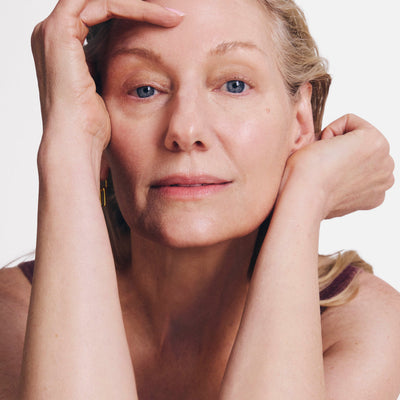


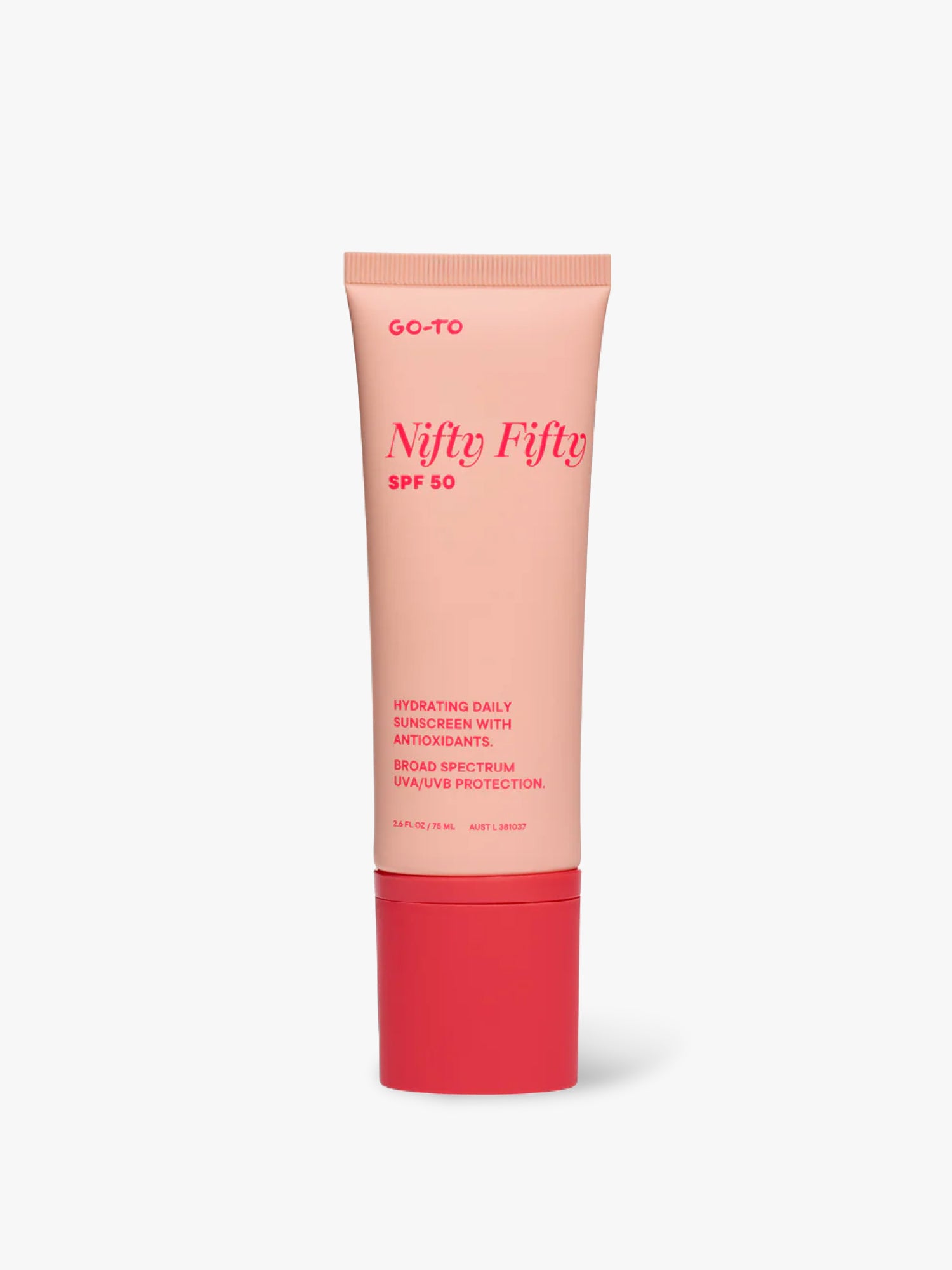
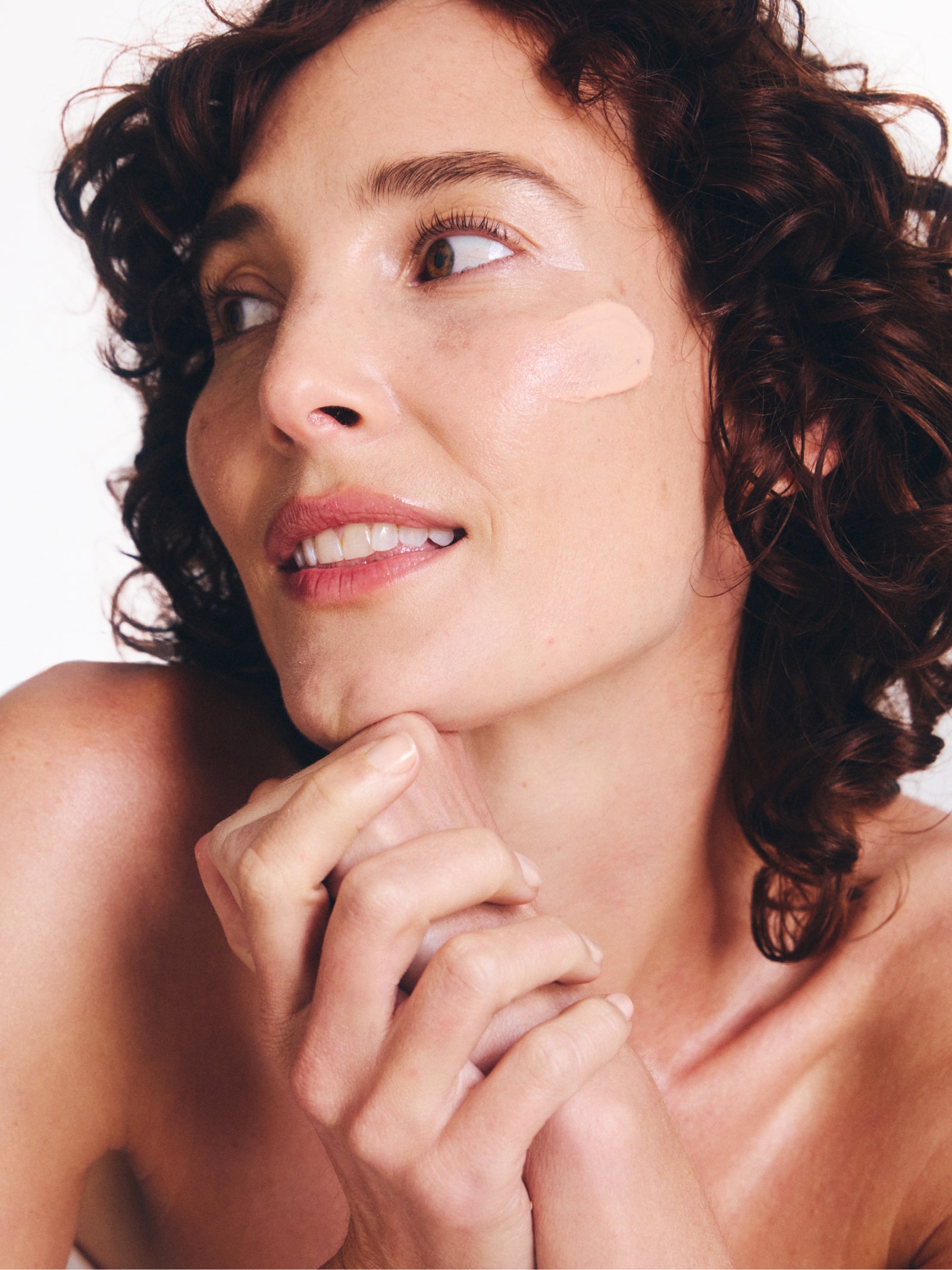
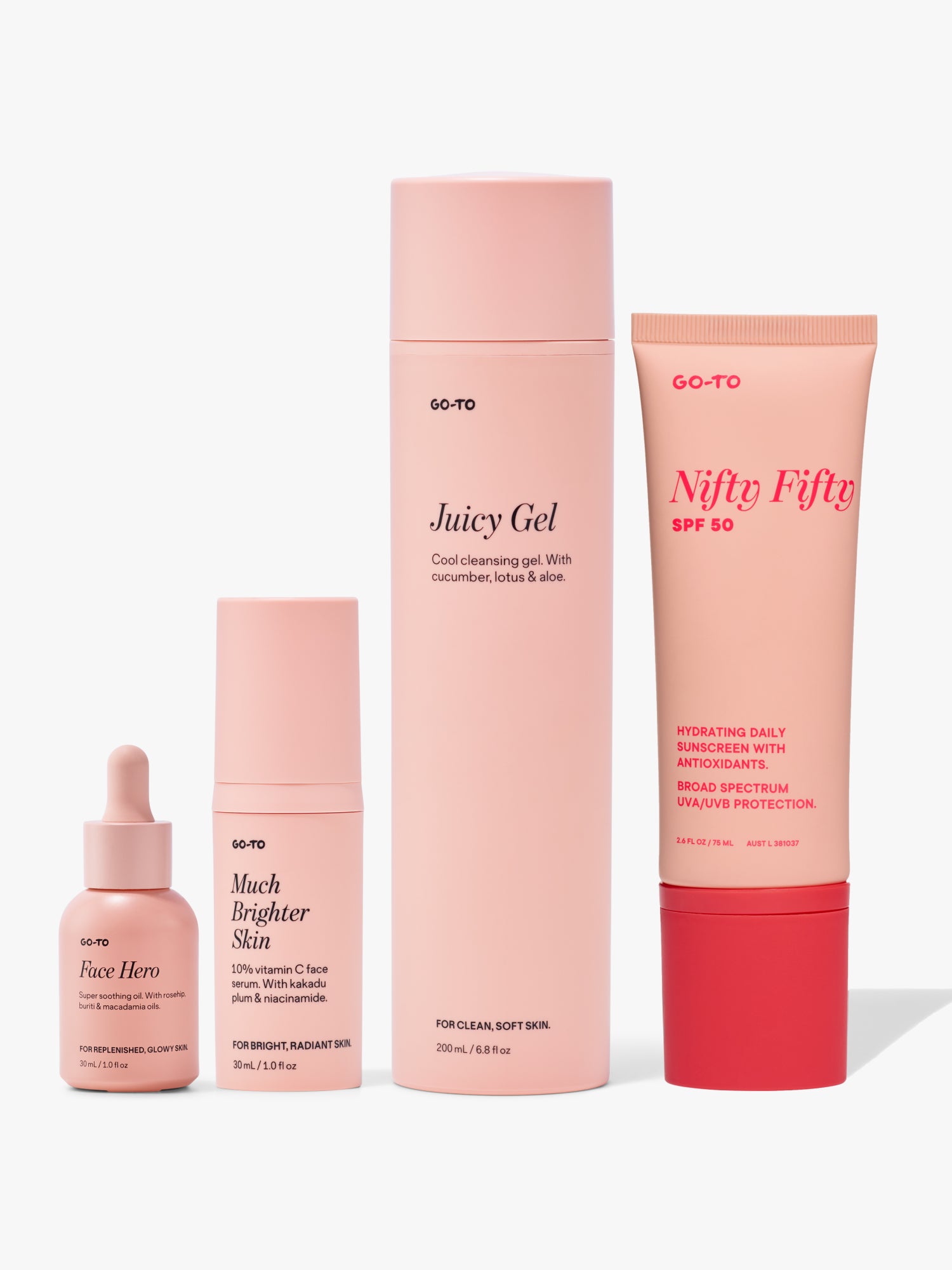
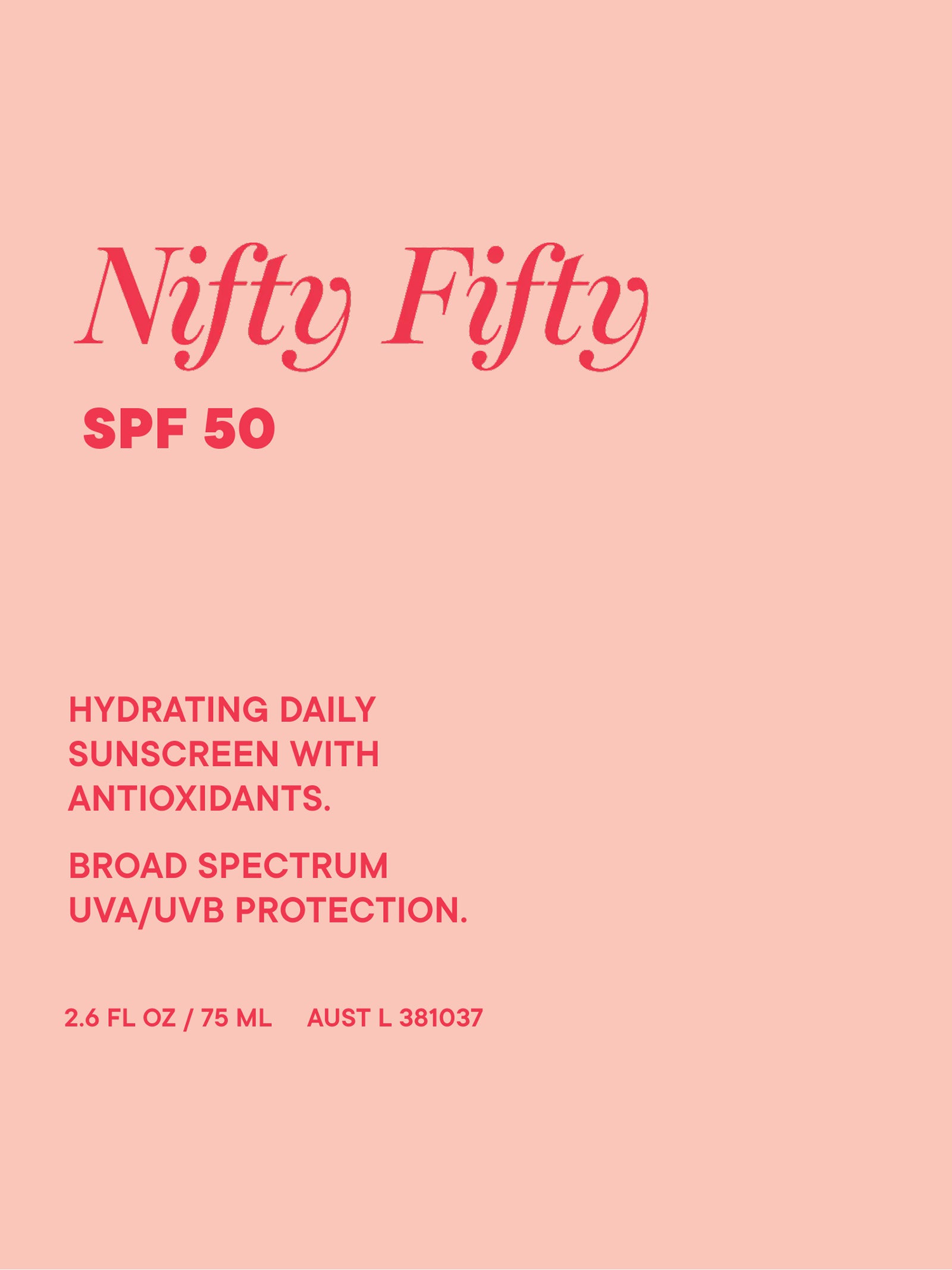
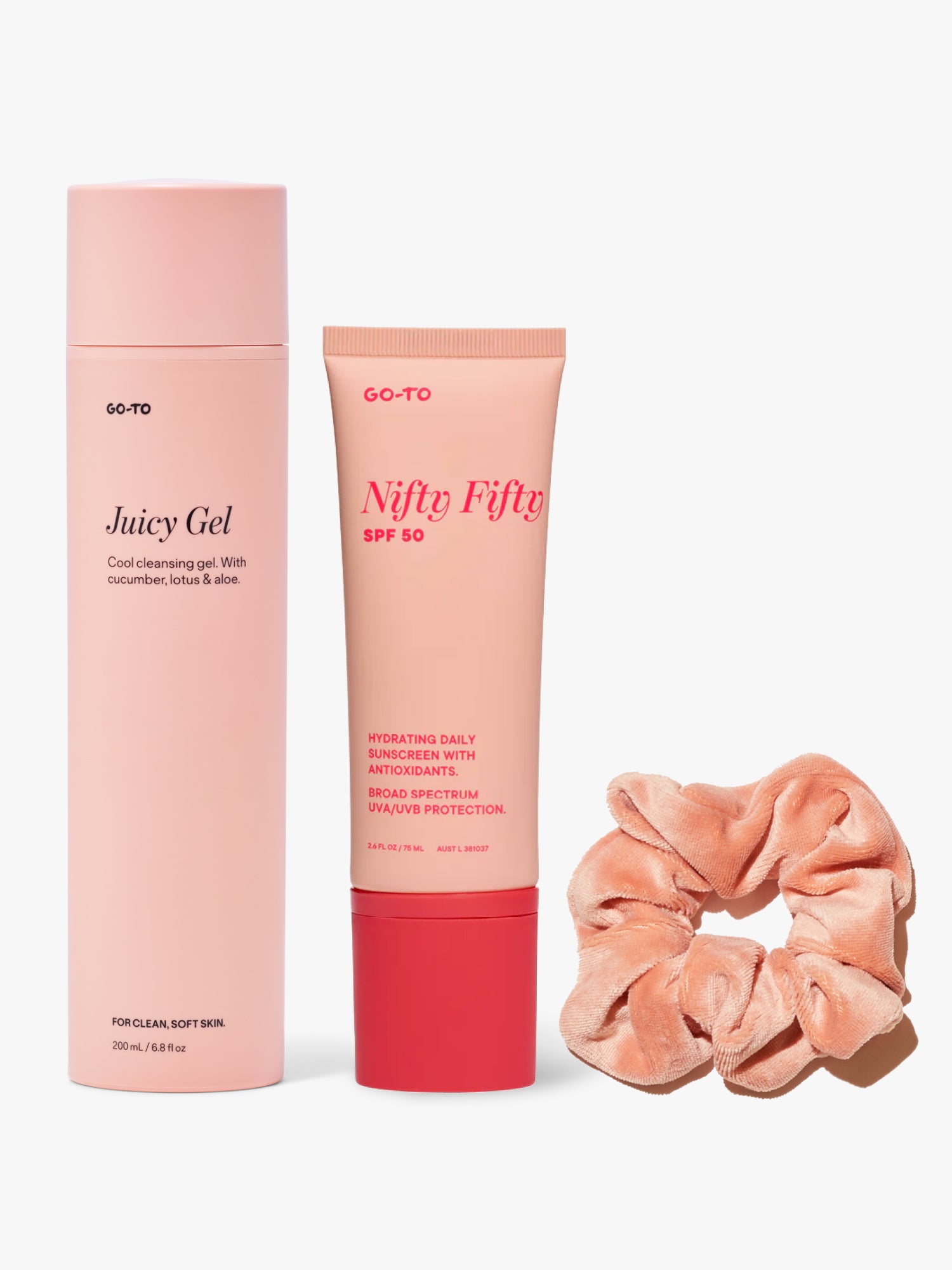

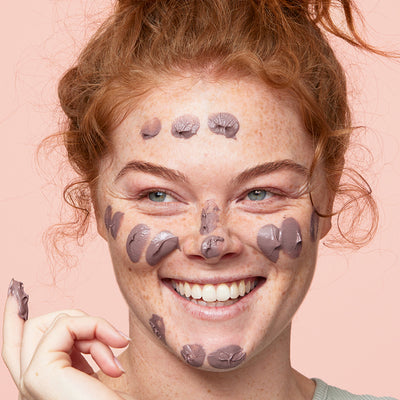
Comments